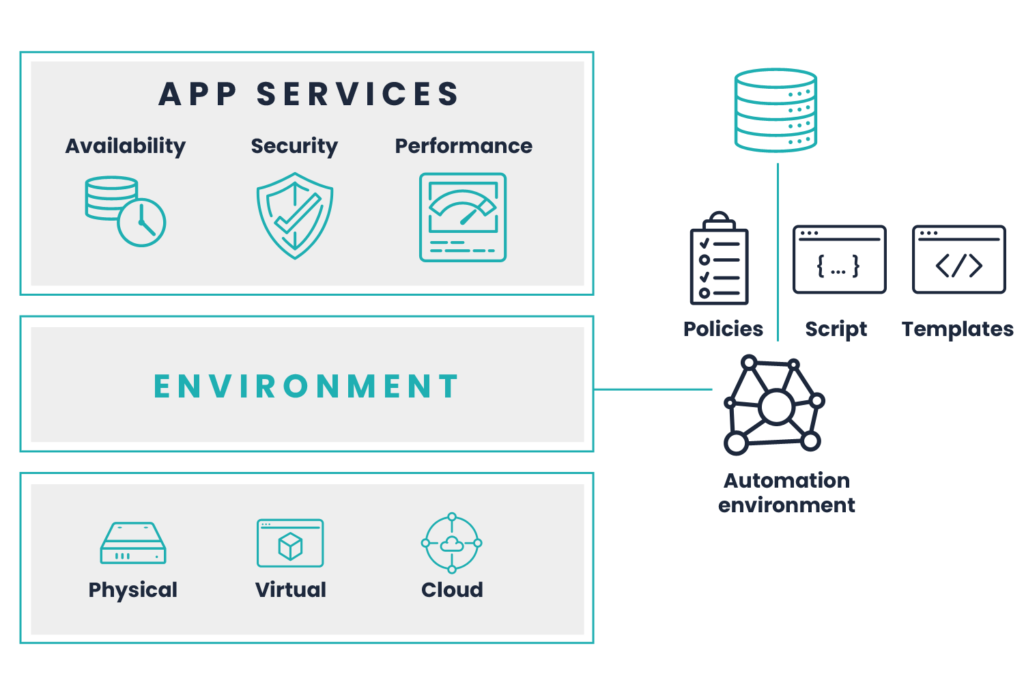
What is Infrastructure as Code?
With the help of Infrastructure as Code (IaC), DevOps engineers can speed up the management, provisioning, and configuration of an IT environment

Infrastructure as code refers to the idea of managing IT infrastructure with code. This is made possible with the use of special programs and tools that will help carry manual IT tasks automatically. In this setup, both development and operations teams can manage, facilitate, and monitor the resources automatically.
Infrastructure automation also allows an application to be tested very early during the development cycle, because the cloud setting required to test an application is already set and can be turned on or off automatically.
With the introduction of multiple lines of code and the incorporation of operating systems and hardware devices into the IT infrastructure, DevOps developers can speed up procedures which would normally take hours, or sometimes even days, in a traditional IT environment.



















